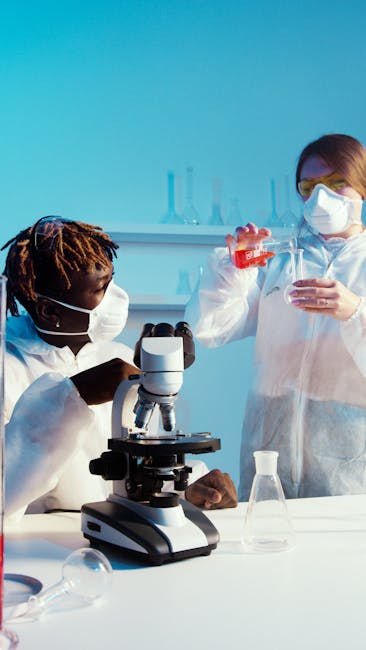Discover How to Cure Acne: The Impact of Proper Face Washing Techniques
Acne is a common skin condition that affects millions of people worldwide, regardless of age or gender. While there are numerous treatments available, proper face washing techniques can significantly influence the effectiveness of these treatments and, in some cases, even help cure acne entirely. In this article, we will explore the science behind acne, the importance of face washing, and provide actionable tips to optimize your skincare routine for clearer skin.
Understanding Acne: What Causes It?
Before delving into face washing techniques, it’s crucial to understand what causes acne. Acne is primarily caused by the clogging of hair follicles with oil and dead skin cells, leading to inflammation. Factors such as hormonal changes, diet, stress, and environmental pollutants can exacerbate the condition.
According to the American Academy of Dermatology, approximately 85% of people aged 12-24 experience at least minor acne. This statistic highlights the prevalence of acne and the need for effective treatment strategies.
The Importance of Proper Face Washing
Proper face washing is a fundamental step in any skincare routine. It helps remove dirt, oil, and makeup that can clog pores and cause breakouts. However, incorrect washing methods can strip the skin of its natural oils, leading to dryness and irritation, which may worsen acne.
Research suggests that individuals who wash their face twice daily experience less acne compared to those who wash once or not at all. This simple act can significantly reduce the bacterial load on the skin and help maintain a healthy balance.
Choosing the Right Cleanser
Choosing the right cleanser is paramount to effective face washing. Look for products containing salicylic acid or benzoyl peroxide, as these ingredients are known for their acne-fighting properties. Salicylic acid helps unclog pores and exfoliates the skin, while benzoyl peroxide reduces bacteria and inflammation.
It is essential to choose a cleanser suitable for your skin type. For instance, those with oily skin may benefit from a foaming cleanser, while individuals with dry or sensitive skin should opt for a gentle, hydrating formula.
Step-by-Step Guide to Washing Your Face
Follow these steps to ensure you’re washing your face correctly:
- Wet your face with lukewarm water. Avoid hot water as it can strip the skin of natural oils.
- Apply cleanser using your fingertips, not a washcloth. Massage in a circular motion for about 30 seconds to one minute.
- Rinse thoroughly with lukewarm water.
- Pat dry your face with a soft, clean towel. Do not rub, as this can irritate the skin.
- Apply a moisturizer suitable for your skin type to lock in moisture and prevent dryness.
Common Face Washing Mistakes to Avoid
Even with the best intentions, many people make mistakes when washing their face that can worsen acne. Here are some common pitfalls to avoid:
- Using harsh cleansers or scrubs that irritate the skin.
- Washing too frequently, which can strip the skin of its natural oils.
- Not removing makeup before cleansing, leading to clogged pores.
- Using dirty towels, which can introduce bacteria to the skin.
Additional Tips for Acne-Free Skin
While proper face washing techniques are crucial, they are just one part of a comprehensive acne treatment plan. Consider these additional tips to enhance your skincare routine:
Maintain a Healthy Diet
Studies have shown a correlation between diet and acne severity. A diet high in processed foods and sugar can increase the risk of breakouts. Focus on a balanced diet rich in fruits, vegetables, lean proteins, and whole grains to support skin health.
Manage Stress
Stress can trigger hormonal changes that exacerbate acne. Incorporate stress-reducing activities such as meditation, yoga, or regular exercise into your routine to help manage stress levels.
Avoid Touching Your Face
Touching your face frequently can transfer bacteria and oils from your hands to your skin, increasing the risk of breakouts. Be mindful of this habit and try to keep your hands away from your face.
Consult a Dermatologist
If acne persists despite following these tips, it may be time to consult a dermatologist. They can provide personalized treatment plans, including prescription medications or professional treatments, to effectively manage acne.
Conclusion
Proper face washing techniques play a pivotal role in managing and potentially curing acne. By choosing the right cleanser, following a correct washing routine, and avoiding common mistakes, you can significantly improve your skin’s health. Remember that consistency is key, and combining these techniques with a healthy lifestyle can pave the way for clearer, acne-free skin.
Implement these strategies today and take the first step towards achieving the radiant, clear skin you deserve.

